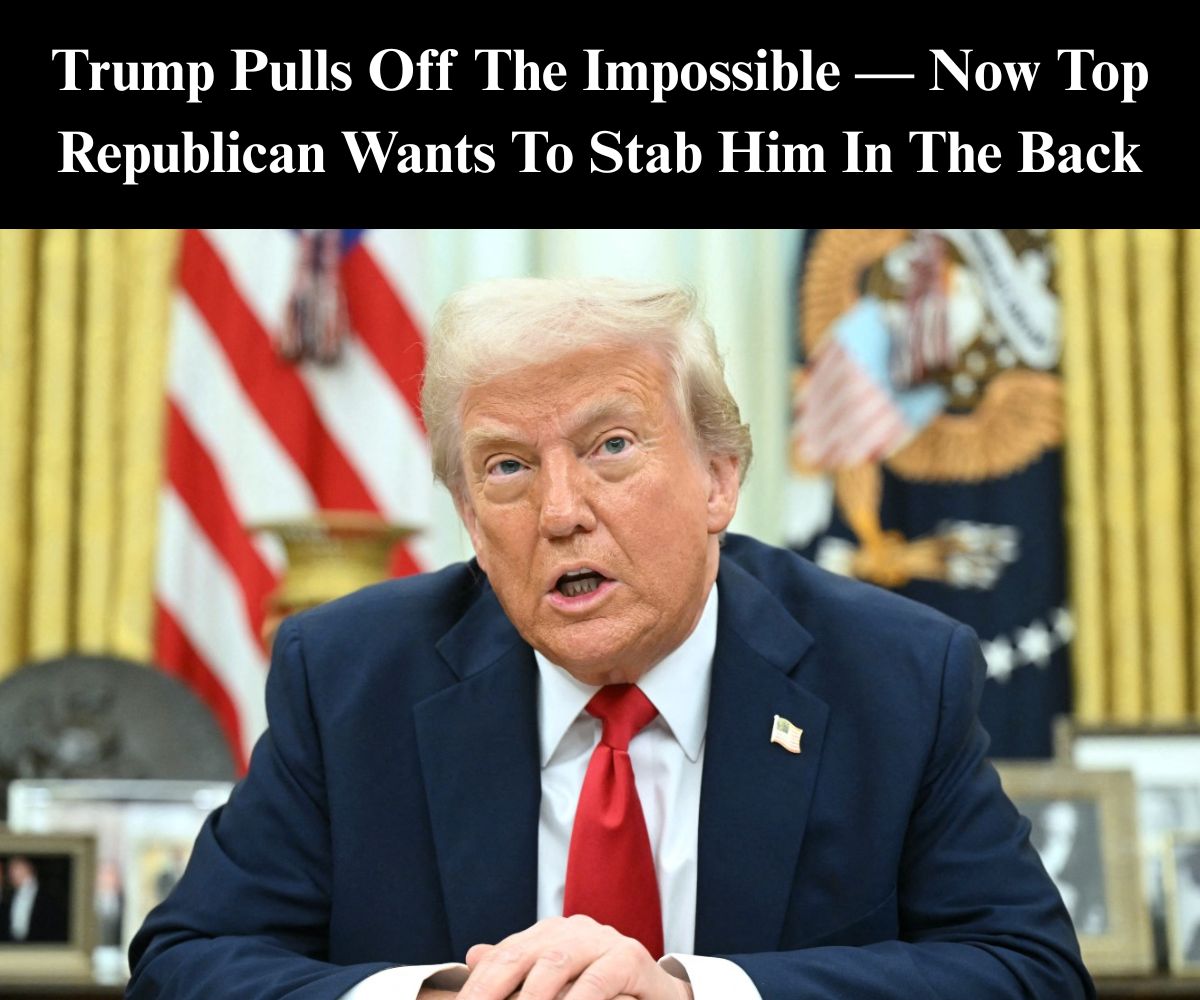President Donald Trump has signed an executive order giving drug manufacturers 30 days to lower their prices for prescription drugs in the United States or face limits on what the government will pay them.
The order instructs the Department of Health and Human Services, led by Robert F. Kennedy Jr., to negotiate new prices for prescription drugs over the next month, the Associated Press reported.
But if the companies and HHS cannot agree on new pricing, Kennedy will have to create a new rule that ties the price that Americans pay for drugs to the lower prices paid by other nations.
“Within 30 days of the date of this order, the Secretary shall, in coordination with the Assistant to the President for Domestic Policy, the Administrator for the Centers for Medicare and Medicaid Services, and other relevant executive department and agency (agency) officials, communicate most-favored-nation price targets to pharmaceutical manufacturers to bring prices for American patients in line with comparably developed nations,” the order said.
“We’re going to equalize,” the president said on Monday. “We’re all going to pay the same. We’re going to pay what Europe pays.”
“We’ve all been working very hard on this. The question they would ask, being a little bit new to the government aspect of it, is, ‘Why hasn’t somebody fought the drug price situation, meaning equalization?’ There’s a term—it’s called equalization. Nobody wants to mention that term,” the president said as he named his staff which includes Kennedy, Dr. CMS Administrator Mehmet Oz, FDA Commissioner Dr. Marty Makary and Director of the National Institutes of Health, Jay Bhattacharya.
“I’m not knocking the drug companies; I’m really more knocking the countries than the drug companies because they’re forced to do things. But the drug lobby is the strongest lobby in this country. They say the drug lobby—it’s between that and lawyers—and they have a lot of power. But starting today, the United States will no longer subsidize the healthcare of foreign countries, which is what we were doing. We’re subsidizing other countries’ healthcare—countries where they paid a small fraction of what we pay for the same drug, many, many times more,” the president said.
“We’re no longer going to tolerate profiteering and price gouging from Big Pharma. But again, it was really the countries that forced Big Pharma to do things that, frankly, I’m not sure they really felt comfortable doing, but they’ve gotten away with it. These countries—the European Union has been brutal, brutal. The drug companies actually told me stories; it was just brutal how they forced them, and the European Union is suing all our companies,” he said.
The executive order is likely to face legal challenges from the pharmaceutical industry who said that the rule, which was blocked by a judge during the presidency of former President Joe Biden, would give foreign governments the “upper hand” in deciding prices in the United States.
But in his order, the president said he was looking for fairness.
“The United States has less than five percent of the world’s population and yet funds around three quarters of global pharmaceutical profits. This egregious imbalance is orchestrated through a purposeful scheme in which drug manufacturers deeply discount their products to access foreign markets, and subsidize that decrease through enormously high prices in the United States,” the president said.
“The United States has for too long turned its back on Americans, who unwittingly sponsor both drug manufacturers and other countries. These entities today rely on price markups on American consumers, generous public subsidies for research and development primarily through the National Institutes of Health, and robust public financing of prescription drug consumption through Federal and State healthcare programs,” Trump added.
He continued, “Drug manufacturers, rather than seeking to equalize evident price discrimination, agree to other countries’ demands for low prices, and simultaneously fight against the ability for public and private payers in the United States to negotiate the best prices for patients. The inflated prices in the United States fuel global innovation while foreign health systems get a free ride.”
